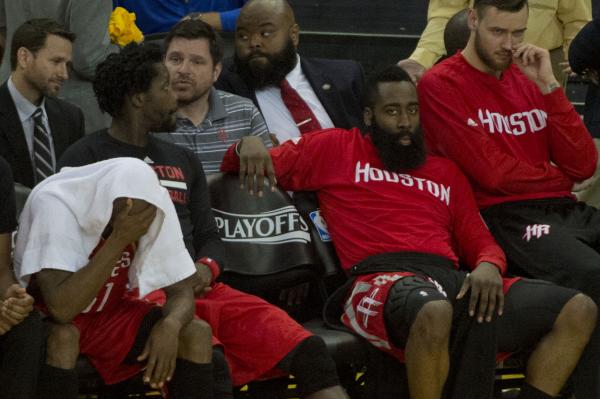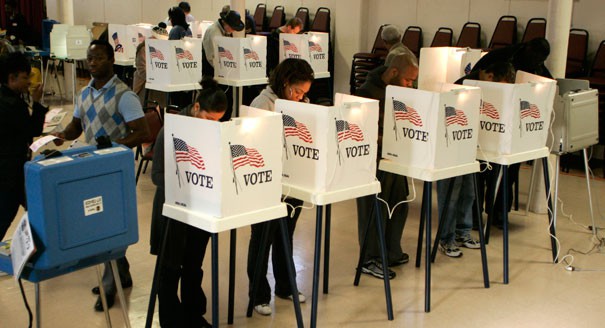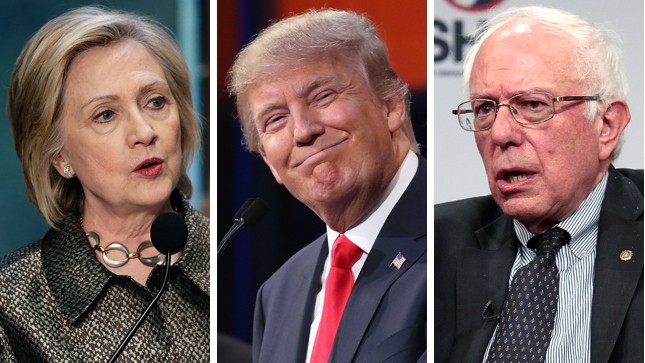 During the 2008 Presidential election America made a major shift, and not solely because our first African-American president was elected. Something else generationally profound was beginning. Politics was no longer sealed off as a topic of interest to citizens over the age of thirty. The youth were getting involved. According to polls, the election brought out the second largest youth vote in American History. Up to 24 million voters were between the ages of 18-29 – an 8-13% increase since the 2000 election. Professionals even stated that Obama would have lost the election without the youth vote. Since the new term, voting isn’t the only way young people have been getting involved, African-Americans to be specific. Some have started their own organizations, participated in political rallies, and are even becoming a part of the race. With millions of dollars going towards social network and technology-based campaigning and surges in the polls among youth, it is clear that young people are playing a larger role in politics more than ever before, and black youth are not excluded from the change. In many cases African-Americans are leading it.
During the 2008 Presidential election America made a major shift, and not solely because our first African-American president was elected. Something else generationally profound was beginning. Politics was no longer sealed off as a topic of interest to citizens over the age of thirty. The youth were getting involved. According to polls, the election brought out the second largest youth vote in American History. Up to 24 million voters were between the ages of 18-29 – an 8-13% increase since the 2000 election. Professionals even stated that Obama would have lost the election without the youth vote. Since the new term, voting isn’t the only way young people have been getting involved, African-Americans to be specific. Some have started their own organizations, participated in political rallies, and are even becoming a part of the race. With millions of dollars going towards social network and technology-based campaigning and surges in the polls among youth, it is clear that young people are playing a larger role in politics more than ever before, and black youth are not excluded from the change. In many cases African-Americans are leading it.
Although many are getting involved now, some of our young leaders got an early start. Baraki Sellers, a South Carolina democratic member of the House of Representatives began his venture into politics in 2006 at the young age of 22. He was formally Student Government Association President at Morehouse University where he completed undergrad before attending law school at University of South Carolina. He is one of the youngest lawmakers in the country and has led the way in introducing legislator dealing with texting while driving and placing bans on the unhealthy food served in public schools. He regularly visits college campuses in his state to stress the importance of other young people having a political voice. Others are getting involved in different ways. As the co-founder of Progress 2050 (A center for American progress) Erica Williams is serving as an advocate on numerous issues African-Americans under thirty care about. She regularly participates in debates on energy efficiency as well as the perspective of racial diversity in America. Other groups the youth are active participants of are The Earth Day Network, Americans for the Arts, and The NAACP. Others are taking more common approaches attending rallies, political debates, or hosting forums to voice their opinions on what they think the biggest issues in America are.
introducing legislator dealing with texting while driving and placing bans on the unhealthy food served in public schools. He regularly visits college campuses in his state to stress the importance of other young people having a political voice. Others are getting involved in different ways. As the co-founder of Progress 2050 (A center for American progress) Erica Williams is serving as an advocate on numerous issues African-Americans under thirty care about. She regularly participates in debates on energy efficiency as well as the perspective of racial diversity in America. Other groups the youth are active participants of are The Earth Day Network, Americans for the Arts, and The NAACP. Others are taking more common approaches attending rallies, political debates, or hosting forums to voice their opinions on what they think the biggest issues in America are.
So what has brought about this change? Is it because of the last presidential election or were things gearing up before then? It seems to be a collaboration of different changes taking place to cause this new interest in the rapidly evolving U.S. With one of the largest generations, the “baby boomers” reaching old age and so many changes going on in the world, young people realize that they do have a role in the direction the U.S. is taking and feel obligated to represent and impact the future they are creating for themselves. “We hold the power to steer the young to become interested in politics and what’s going on in this country and that could be our greatest impact.” says Cory France, a rising junior at Howard University in Washington D.C. He goes on to express that with everything going on, its hard not to be paying attention.
 Major events in the world have taken an unusually fast pace: the way FEMA handled Hurricane Katrina in 2005, the first black president in 2008, national disasters in Indonesia, Haiti, Japan, the Egyptian Revolution, and vanquish of Osama Bin Laden is more than enough for people to want to take action. Noticeably, Historically Black Colleges and Universities are serving as the catalysts that have gotten more of the African-American youth involved. “Here in the capitol there are always conventions, events, rallies, and debates on the issues and once you witness that on a regular basis, you and your peers become conscious of changes that need to be made and you are allowed to visibly see what you need to do to make those changes occur”, France added. A domino affect is taking place. Students who have gathered from different parts of the country some from lower class families, small towns, and single parent homes are going back home to those who may not feel as though they have a voice to address the issues they are concerned with. Young blacks are serving as voices not only for those in the same age group as them but for their communities as well. First Lady Michelle Obama and Former Defense Secretary Colin Powell both served as commencement speakers at Black colleges this year and it is apparent that the platform is in place.
Major events in the world have taken an unusually fast pace: the way FEMA handled Hurricane Katrina in 2005, the first black president in 2008, national disasters in Indonesia, Haiti, Japan, the Egyptian Revolution, and vanquish of Osama Bin Laden is more than enough for people to want to take action. Noticeably, Historically Black Colleges and Universities are serving as the catalysts that have gotten more of the African-American youth involved. “Here in the capitol there are always conventions, events, rallies, and debates on the issues and once you witness that on a regular basis, you and your peers become conscious of changes that need to be made and you are allowed to visibly see what you need to do to make those changes occur”, France added. A domino affect is taking place. Students who have gathered from different parts of the country some from lower class families, small towns, and single parent homes are going back home to those who may not feel as though they have a voice to address the issues they are concerned with. Young blacks are serving as voices not only for those in the same age group as them but for their communities as well. First Lady Michelle Obama and Former Defense Secretary Colin Powell both served as commencement speakers at Black colleges this year and it is apparent that the platform is in place.
Issues with educational funding, the economic crisis, war on terrorism, and global warming are among the top concerns of young people and college students. For quite some time it seemed as though the resolve that many Blacks had during the civil rights movement and a few decades after was beginning to fade. Many thought that this generation lacked the passion to create change. But in the recent years those notions are being proved wrong and now it is the African-American youth of American that is providing new hope during a time when we so desperately need it.
 In this episode KC, Chris, Toria, The Other Chris, John and Triana talk a little politics. They discuss Donald Trump becoming the 45th President, Barak Obama’s time in office, the black community’s approach to Trump, the Muslim ban and more.
In this episode KC, Chris, Toria, The Other Chris, John and Triana talk a little politics. They discuss Donald Trump becoming the 45th President, Barak Obama’s time in office, the black community’s approach to Trump, the Muslim ban and more.


















